Home>Home Maintenance>Home Repairs When Renting
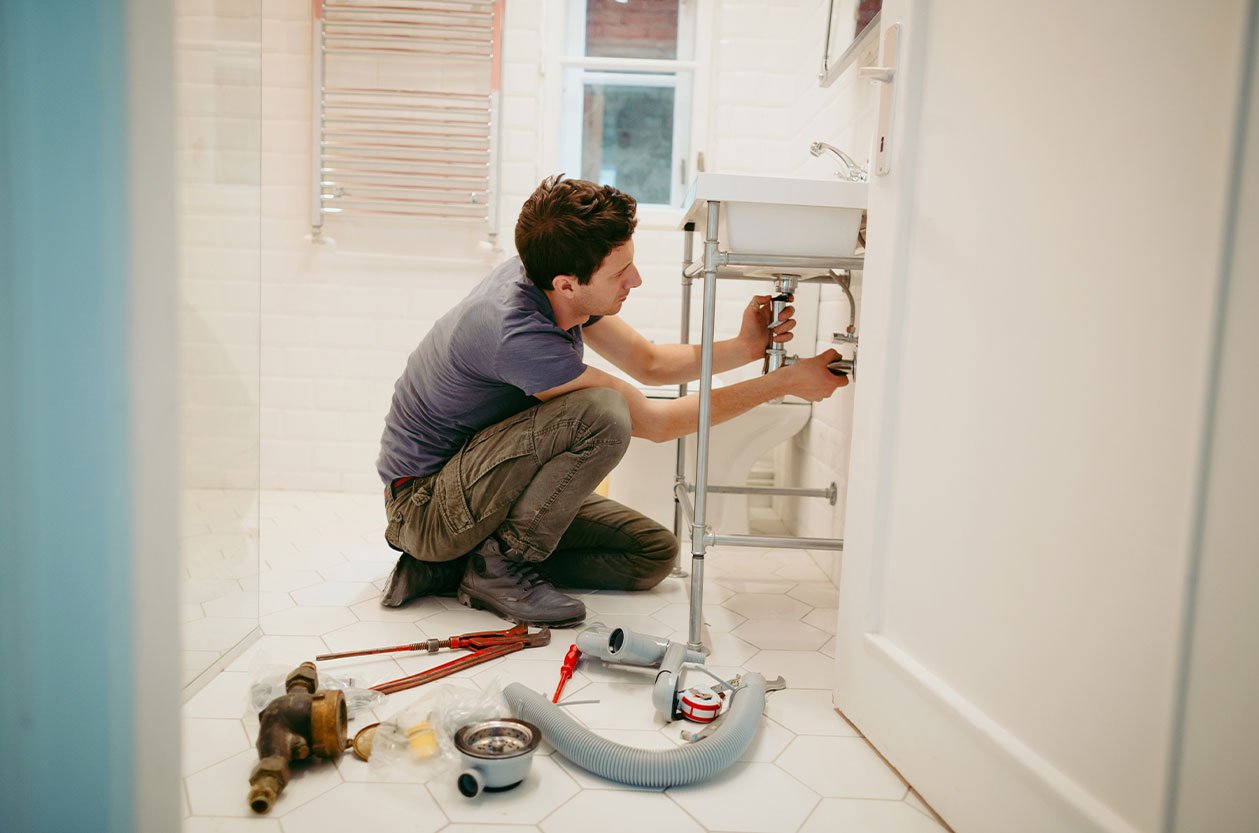

Home Maintenance
Home Repairs When Renting
Modified: March 6, 2024
Looking for home repairs while renting? Discover the essential tips and tricks for effective home maintenance to ensure a cozy living space.
(Many of the links in this article redirect to a specific reviewed product. Your purchase of these products through affiliate links helps to generate commission for Storables.com, at no extra cost. Learn more)
Introduction
Welcome to the world of renting! Whether you’re a first-time renter or a seasoned tenant, living in a rented property comes with its own set of responsibilities. One of the key aspects of maintaining a comfortable living space is ensuring that your home is in good repair. From minor fixes to major renovations, taking care of your rental property is not only crucial for your own safety and well-being but also for maintaining a positive relationship with your landlord.
In this article, we will explore the essential aspects of home maintenance when renting. We will discuss how to understand your lease agreement, effectively communicate with your landlord about repairs, and tackle basic DIY repairs. We will also touch upon when it’s best to hire professionals and your rights as a renter when it comes to home repairs. So, let’s dive in and discover how to keep your rented home in top shape!
Key Takeaways:
- Takeaway 1: Communicate clearly and politely with your landlord about home repairs to ensure a safe and comfortable living environment. Keep records of all communication for future reference and to maintain a positive relationship.
- Takeaway 2: Understand your rights as a renter, document all repairs and maintenance, and know when to handle DIY repairs or hire professionals. This proactive approach ensures a well-maintained rental property and supports your rights as a tenant.
Read more: Importance Of Home Security When Renting
Understanding Your Lease Agreement
Before diving into home repairs and maintenance, it’s crucial to have a clear understanding of your lease agreement. Your lease agreement outlines the terms and conditions of your tenancy, including your responsibilities as a tenant and your landlord’s obligations. Take the time to thoroughly read through your lease agreement to familiarize yourself with the specific guidelines regarding home repairs.
Pay close attention to any clauses or provisions related to maintenance and repairs. Some common aspects to consider include whether you are responsible for minor repairs, such as fixing a leaky faucet or replacing light bulbs, or if those fall under your landlord’s responsibility. The lease agreement may also specify the procedures for reporting repair issues and how quickly your landlord is required to respond.
If you come across any ambiguous or confusing clauses related to repairs, don’t hesitate to reach out to your landlord for clarification. It’s important to have a clear understanding of your rights and obligations to avoid any misunderstandings later on.
Lastly, always keep a copy of your lease agreement in a safe place for future reference. This document serves as a legal agreement between you and your landlord and can be used as evidence should any disputes arise regarding home repairs or maintenance.
Reporting Maintenance Issues to Your Landlord
When it comes to home repairs, prompt reporting is key. If you notice any maintenance issues in your rental property, it’s crucial to communicate them to your landlord as soon as possible. Reporting repair issues promptly not only helps ensure your safety and well-being but also prevents the problem from worsening and potentially causing more damage.
When reporting maintenance issues to your landlord, make sure to provide clear and detailed information about the problem. Describe the issue, such as a leaky pipe, malfunctioning electrical outlet, or a broken window, as precisely as possible. Include any relevant details, like when you first noticed the problem and any actions you have taken to mitigate it, such as turning off the water supply or covering the broken window with temporary protection.
Utilize whichever communication method your landlord prefers, whether it’s via phone, email, or a designated maintenance request portal. If there is a specific procedure outlined in your lease agreement for reporting repairs, be sure to follow it accordingly.
It’s important to maintain a polite and professional tone when communicating with your landlord about maintenance issues. Clearly express your concern about the problem and the impact it has on your daily life or the condition of the property. Remember, your landlord may have multiple properties to manage, so providing clear and concise information will help them address the issue more efficiently.
Keep records of all communication regarding your maintenance requests, including dates, times, and the details of the conversation or correspondence. This documentation will serve as evidence of your efforts to report the issue and can be useful if any disputes arise in the future.
Ultimately, effective communication and timely reporting of maintenance issues will not only help ensure that repairs are carried out promptly but also foster a positive relationship with your landlord based on trust and transparency.
Basic DIY Home Repairs for Renters
As a renter, you may encounter minor home repairs that you can handle on your own without involving your landlord or hiring a professional. Being able to resolve these issues independently can save you time, money, and the hassle of scheduling repairs. Here are a few basic DIY home repairs that renters can tackle:
- Fixing leaky faucets: One of the most common household issues, a leaky faucet can waste water and drive up your utility bills. Fortunately, fixing a leaky faucet is generally a simple task. Start by turning off the water supply to the faucet. Then, disassemble the faucet handle and replace any worn-out washers or O-rings. Reassemble the faucet and turn the water supply back on to check if the leak is resolved.
- Unclogging drains: A clogged drain can be a frustrating problem, but it’s often easy to remedy. Avoid using chemical drain cleaners as they can be harsh and damaging to your pipes. Instead, try using a plunger to remove the blockage. If that doesn’t work, you can use a drain snake or auger to break up and remove the clog.
- Replacing light bulbs: Burned-out light bulbs are a common occurrence in any home. When a bulb goes out, simply turn off the power to the light fixture, remove the old bulb, and replace it with a new one of the same wattage and type. It’s a simple and cost-effective way to keep your home well-lit.
- Paint touch-ups: Over time, walls can accumulate minor scuffs and scratches. Fortunately, you can easily touch up these imperfections with a bit of paint. Start by cleaning the area and allowing it to dry. Then, using a small brush, carefully apply a small amount of matching paint to the affected area. Feather the edges of the painted area to blend it seamlessly with the surrounding wall.
- Tightening loose fixtures: Loose doorknobs, cabinet handles, or hinges can detract from the overall functionality and aesthetics of your home. Tightening these fixtures is usually a straightforward task. Use a screwdriver or an appropriate tool to tighten the screws and secure the fixture in place.
Remember, while DIY repairs can be beneficial, it’s crucial to know your limits. If you encounter a repair that is beyond your skill level or involves complex systems like plumbing or electrical work, it’s best to contact your landlord or hire a professional to ensure the repair is done safely and effectively.
By taking care of these basic DIY repairs, you can maintain a well-functioning rental property and save both time and money in the process.
Hiring Professionals for Home Repairs
While many DIY repairs can be easily handled by renters, there are certain situations that require the expertise of professionals. Hiring licensed professionals for home repairs ensures that the job is done correctly and that your safety and the integrity of the property are not compromised. Here are a few instances when it’s best to bring in the experts:
- Electrical repairs: Dealing with electrical systems can be dangerous if you don’t have the necessary knowledge and experience. If you experience flickering lights, frequent power outages, or notice any electrical issues, it’s best to hire a certified electrician. They can safely diagnose and repair any electrical problems, ensuring that your home remains safe from electrical hazards.
- Plumbing issues: Plumbing problems, such as burst pipes, leaks, or clogged drains, can quickly escalate and cause significant damage to your rental property. It’s important to address these issues promptly by hiring a professional plumber. They have the expertise and specialized tools to diagnose and fix plumbing problems efficiently.
- HVAC repairs: If your heating, ventilation, and air conditioning (HVAC) system is not functioning properly, it’s best to call in a professional HVAC technician. They can troubleshoot the issue and provide the necessary repairs to keep your home comfortable and energy-efficient.
- Structural repairs: If you notice any structural damage, such as cracks in the walls, sagging floors, or roof leaks, it’s essential to consult a professional contractor or structural engineer. They can assess the extent of the damage, identify the underlying causes, and recommend appropriate repairs to ensure the structural integrity of the property.
- Appliance repairs: If any of the appliances provided by your landlord, such as refrigerators, dishwashers, or stoves, malfunction, it’s best to inform your landlord immediately. They can arrange for a professional appliance repair technician to come and fix the issue in a safe and efficient manner.
When hiring professionals for home repairs, always do your due diligence by checking their credentials, reviews, and ensuring they have the necessary licenses and insurance. Obtain multiple quotes to compare prices and services offered. Additionally, communicate any specific concerns or requirements you have regarding the repair to ensure that the professionals understand your needs.
Remember, as a renter, it’s your responsibility to promptly inform your landlord about any repairs that are needed. They will coordinate with the appropriate professionals and ensure that the repairs are carried out in a timely manner.
By hiring professionals for the right repairs, you can have peace of mind knowing that the job is done correctly and your rental property remains in good condition.
Before making any home repairs when renting, always check your lease agreement and get permission from your landlord. It’s important to follow the rules and communicate with your landlord to avoid any potential issues.
Read more: Who Pays For Plumbing When Renting
Communicating with Your Landlord about Repairs
Effective communication with your landlord is crucial when it comes to addressing repairs and maintenance in your rental property. Building a positive and open line of communication can lead to prompt and satisfactory resolutions. Here are some tips for effectively communicating with your landlord about repairs:
- Report repairs in writing: When reporting a repair issue to your landlord, it’s best to do so in writing. This provides a clear record of the communication and ensures that both parties have a documented understanding of the problem. You can send an email or a letter, clearly outlining the issue and any necessary details, such as the location of the problem and its impact on your daily life. Remember to keep a copy of the written communication for your records.
- Be specific and provide details: When communicating with your landlord about the repair, be as specific as possible. Provide details about the issue, including when it started, how it affects you, and any potential risks or safety concerns. The more information you provide, the better equipped your landlord will be to address the problem effectively.
- Follow up if necessary: If you haven’t received a response from your landlord after reporting a repair, it’s appropriate to follow up politely. Give them a reasonable amount of time to respond, and if necessary, send a gentle reminder to ensure that the issue is not overlooked.
- Be polite and professional: Maintaining a polite and professional tone when communicating with your landlord is essential. Avoid using aggressive or demanding language, as it may hinder the resolution process. Instead, express your concerns in a respectful manner, focusing on finding a collaborative solution.
- Keep a record of all communication: Document all communication related to repairs, including dates, times, and the details of the conversation or correspondence. This includes written communication, phone calls, and in-person discussions. This record will serve as evidence of your efforts to address the issue and can be helpful in case of any future disputes.
- Allow reasonable access for repairs: When your landlord arranges for repairs to be carried out, it’s important to provide reasonable access to the property. This allows the repair professionals to assess and fix the problem efficiently. Cooperate with your landlord by scheduling a convenient time for access, and if needed, make appropriate arrangements, such as temporarily moving furniture or pets to facilitate the repair process.
Remember, effective communication and collaboration with your landlord can help ensure that repairs are addressed promptly, fostering a positive relationship and a well-maintained living environment.
Documenting Repairs and Maintenance
Documenting repairs and maintenance is an essential step in renting a property. Keeping a record of the repairs you have reported, the maintenance performed, and any communication with your landlord can be beneficial in several ways. Here’s why documenting repairs and maintenance is important:
- Evidence of reported issues: By documenting repairs, you have proof that you notified your landlord of any maintenance issues. This is crucial in case any disputes arise in the future. Having a record of the repair requests and correspondence helps establish that you fulfilled your responsibilities as a tenant.
- Track repair history: Maintaining a documented repair history allows you to keep track of the repairs that have been completed in your rental property. This record can be useful in case similar issues arise in the future. It also helps you monitor the regular maintenance and upkeep of the property.
- Assist in future rental applications: Documenting repairs and maintenance can be beneficial when applying for future rental properties. Landlords often require references from previous landlords to assess your reliability as a tenant. Having a documented repair history demonstrates your proactive approach to maintenance and can enhance your rental application.
- Establish a timeline of repairs: By documenting repairs, you can create a timeline of the maintenance issues that have occurred during your tenancy. This can be helpful in identifying any recurring problems or patterns of neglect in the property. It also provides a record of how long it took for repairs to be addressed, giving you a clearer understanding of your landlord’s responsiveness.
- Record maintenance responsibilities: In some cases, you may be responsible for minor maintenance tasks as outlined in your lease agreement. Documenting these tasks and their completion can serve as proof that you fulfilled your responsibilities. It can also help you keep track of any expenses incurred during the maintenance process.
- Support in case of security deposit disputes: When you move out of your rental property, the condition of the property may be assessed, and any damages may affect the return of your security deposit. Documenting repairs and maintenance provides evidence of the state of the property during your tenancy, which can support your claim for the return of the deposit if any damages are erroneously attributed to you.
Keep a dedicated folder or digital file where you can store all the records related to repairs and maintenance. Include copies of written repair requests, photographs of the issues, receipts, and any other relevant documentation. This will ensure that you have quick and easy access to the information when needed.
Remember to maintain a respectful and cooperative relationship with your landlord throughout the documentation process. Clear communication and mutual understanding will contribute to a well-documented history of repairs and maintenance in your rental property.
Understanding Your Rights as a Renter
As a renter, it’s important to be aware of your rights and protections to ensure a fair and safe living environment. Understanding your rights empowers you to advocate for yourself and effectively address any issues that may arise. Here are some key rights that you should be familiar with as a renter:
- The right to a habitable living space: Your landlord is responsible for providing a habitable and safe living environment. This means that your rental property should meet certain health and safety standards, such as having proper heating, ventilation, and plumbing systems. If there are major issues that make the property uninhabitable, you have the right to request repairs or even withhold rent until the issues are resolved.
- The right to privacy: As a renter, you have the right to privacy in your rental property. Your landlord should provide you with reasonable notice before entering the property, except in emergency situations. Typically, the notice should be given 24 to 48 hours in advance, unless there are specific state or local laws that dictate otherwise.
- The right to have repairs addressed in a timely manner: Your landlord is responsible for addressing repair issues within a reasonable timeframe. The specific timeframe may vary depending on the severity of the issue and local laws. If your landlord fails to address repairs promptly, you may have the right to take legal action or request compensation.
- The right to non-discrimination: It is illegal for landlords to discriminate against tenants based on characteristics such as race, color, religion, sex, national origin, disability, or familial status. Fair housing laws protect your right to equal treatment and opportunity in the housing market.
- The right to a return of your security deposit: When you move out of your rental property, you have the right to receive a return of your security deposit, minus any legitimate deductions. Your landlord should provide you with an itemized list of deductions and the remaining balance within a certain timeframe, as outlined by your local laws.
- The right to a lease agreement: A lease agreement is a legally binding contract that outlines the terms and conditions of your tenancy. You have the right to review and fully understand the lease agreement before signing it. It should include important information such as the rent amount, payment schedule, lease duration, and any other rules or responsibilities. Make sure to keep a copy of the lease agreement for your records.
It’s important to familiarize yourself with the specific tenant rights and laws in your jurisdiction, as they can vary. Local tenant associations or legal aid organizations can provide valuable resources and information regarding your rights as a renter.
If you believe your rights as a renter are being violated, it’s advisable to seek legal advice or consult with a tenant advocacy organization. They can guide you on the appropriate steps to take to protect your rights and resolve any issues that may arise during your tenancy.
Conclusion
Maintaining a rented property requires a combination of effective communication, understanding your rights, and taking responsibility for basic repairs. By understanding your lease agreement, reporting maintenance issues promptly, and effectively communicating with your landlord, you can ensure that repairs are addressed in a timely manner. Whether it’s tackling minor repairs yourself or hiring professionals for more complex issues, addressing maintenance promptly is essential for a safe and comfortable living environment.
Documenting repairs and maintenance not only provides evidence of your efforts but also helps track the history of maintenance and repairs carried out in your rental property. This documentation can be valuable when applying for future rentals or resolving any disputes that may arise. Additionally, knowing your rights as a renter empowers you to advocate for yourself and ensure fair treatment.
Remember, maintaining a positive relationship with your landlord is key. Clear and respectful communication, along with understanding your responsibilities and rights, is essential for a harmonious tenant-landlord relationship. By taking these steps, you can create a pleasant and well-maintained living environment during your time as a renter.
Ultimately, by being proactive, communicative, and informed, you can ensure that your rental property remains in good repair and that your rights as a tenant are respected. Take pride in caring for your rented home, and enjoy the comfort and security it provides.
Frequently Asked Questions about Home Repairs When Renting
Was this page helpful?
At Storables.com, we guarantee accurate and reliable information. Our content, validated by Expert Board Contributors, is crafted following stringent Editorial Policies. We're committed to providing you with well-researched, expert-backed insights for all your informational needs.
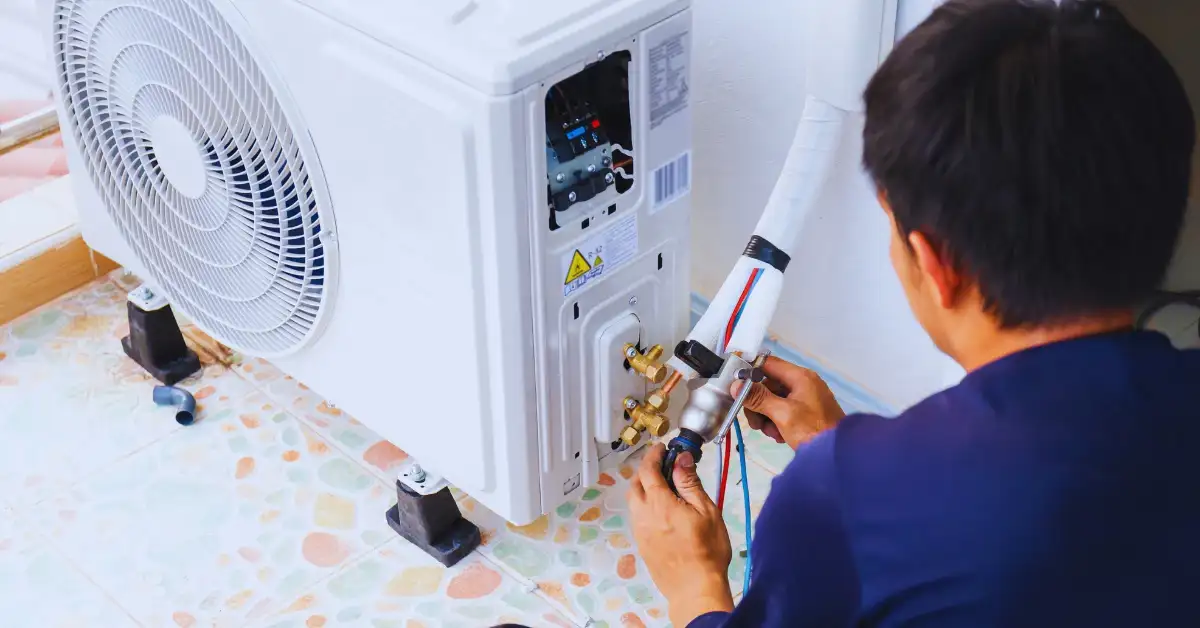
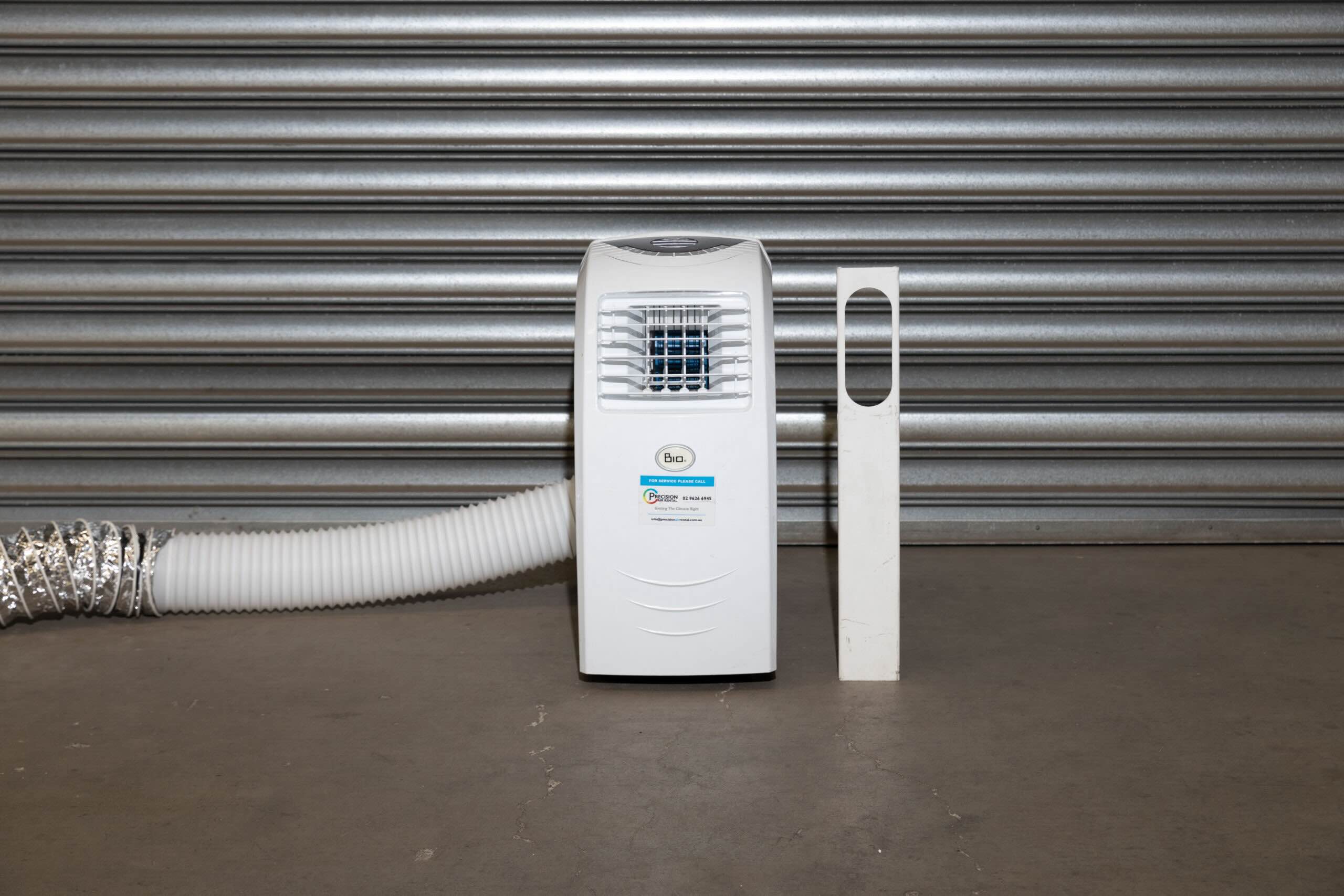
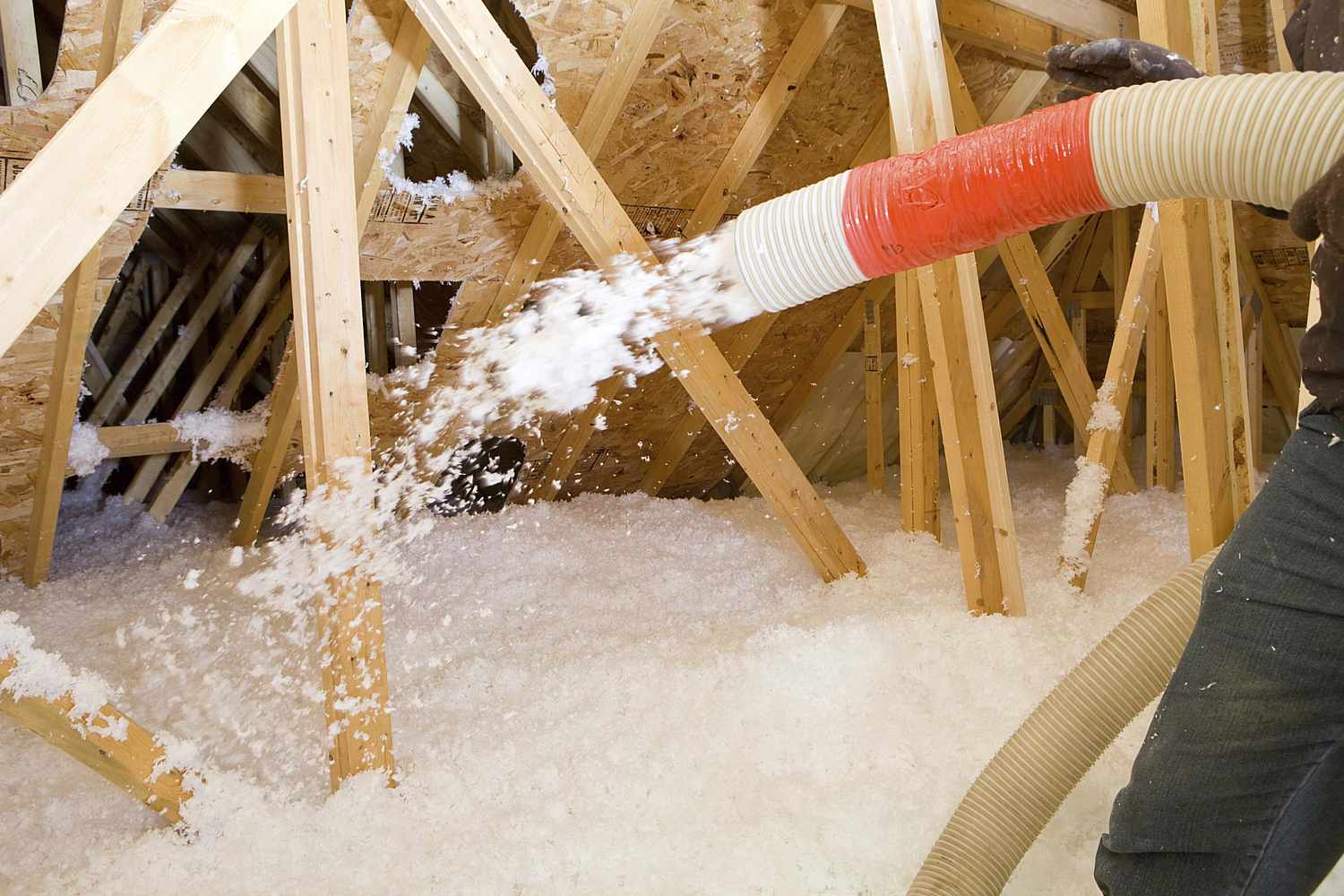
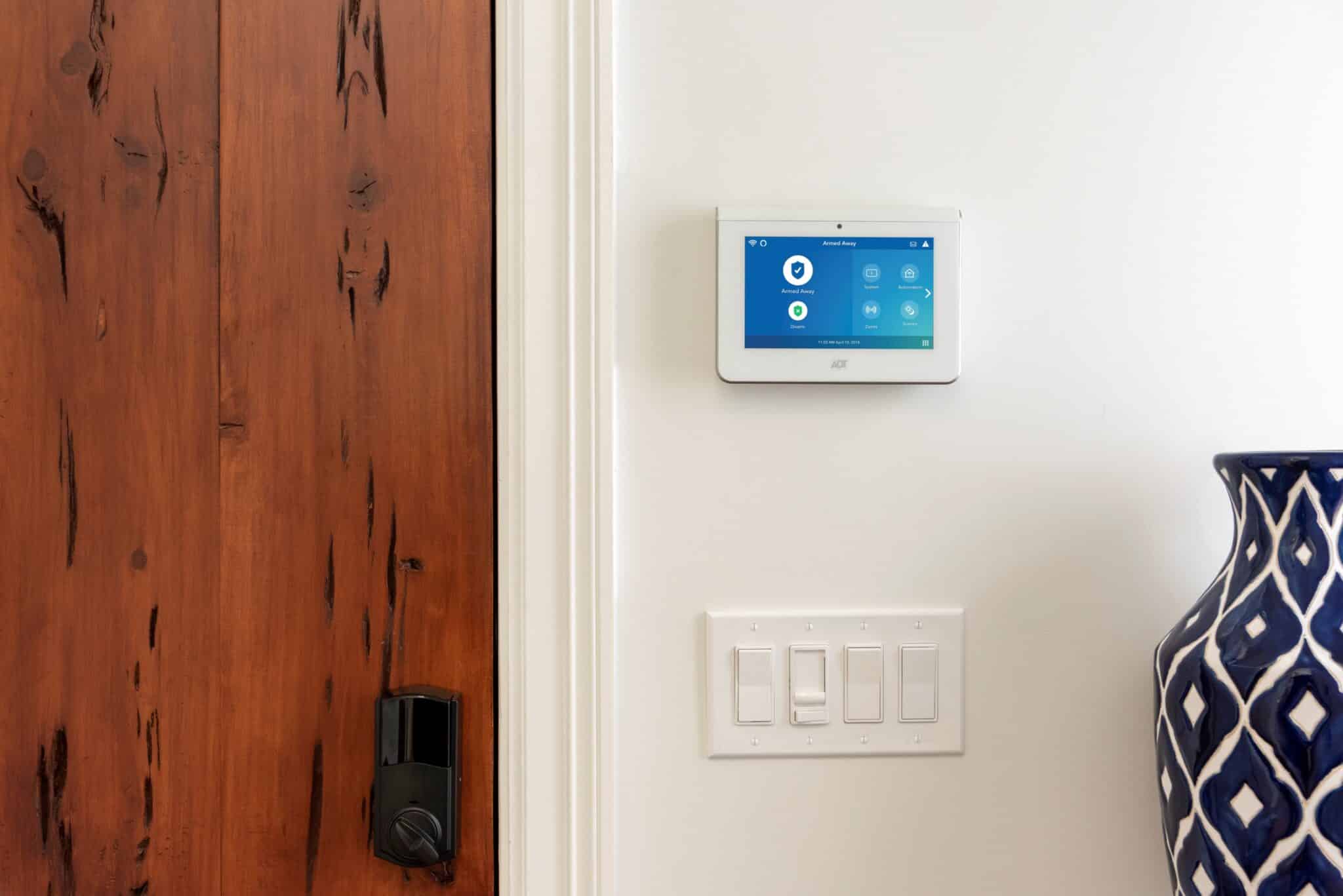
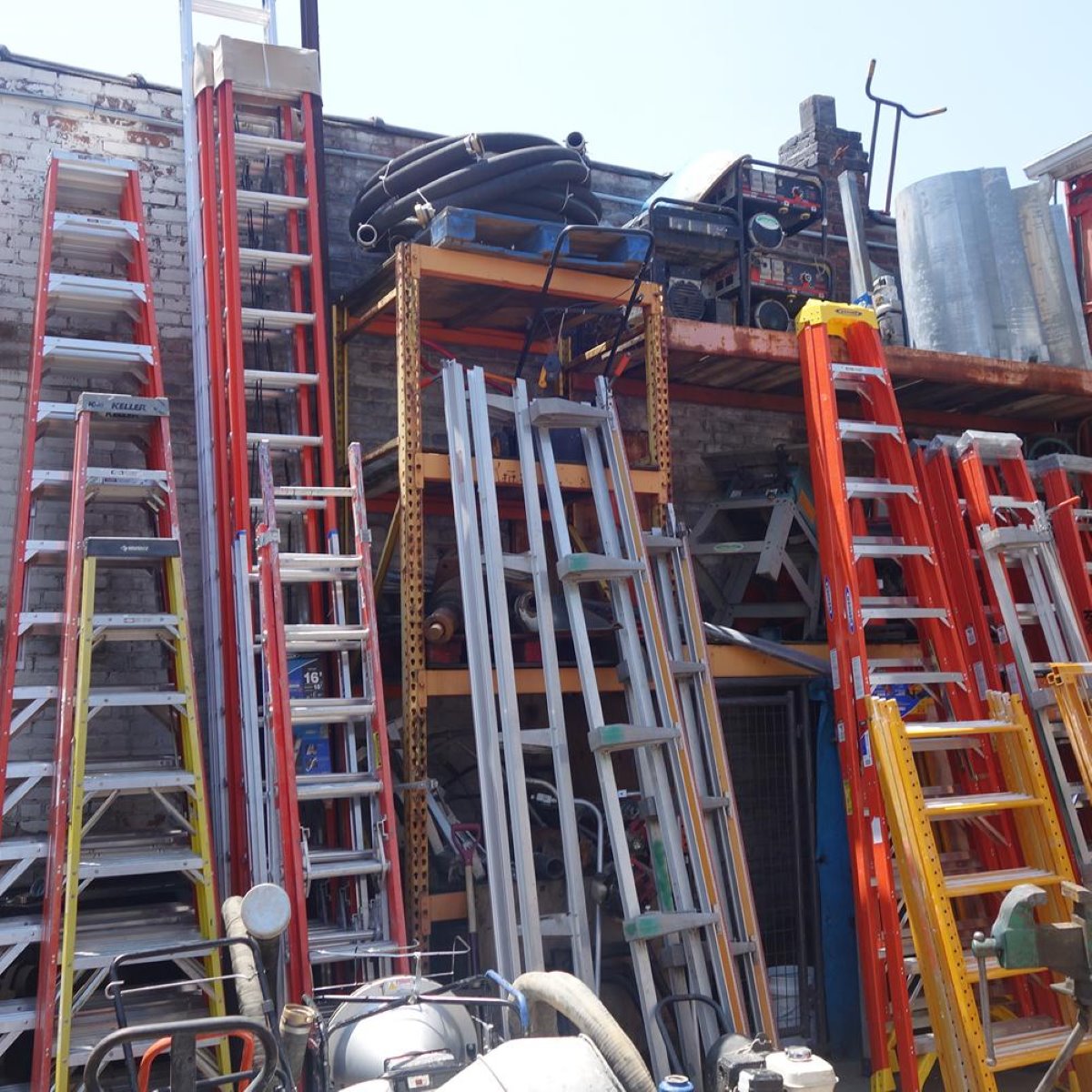
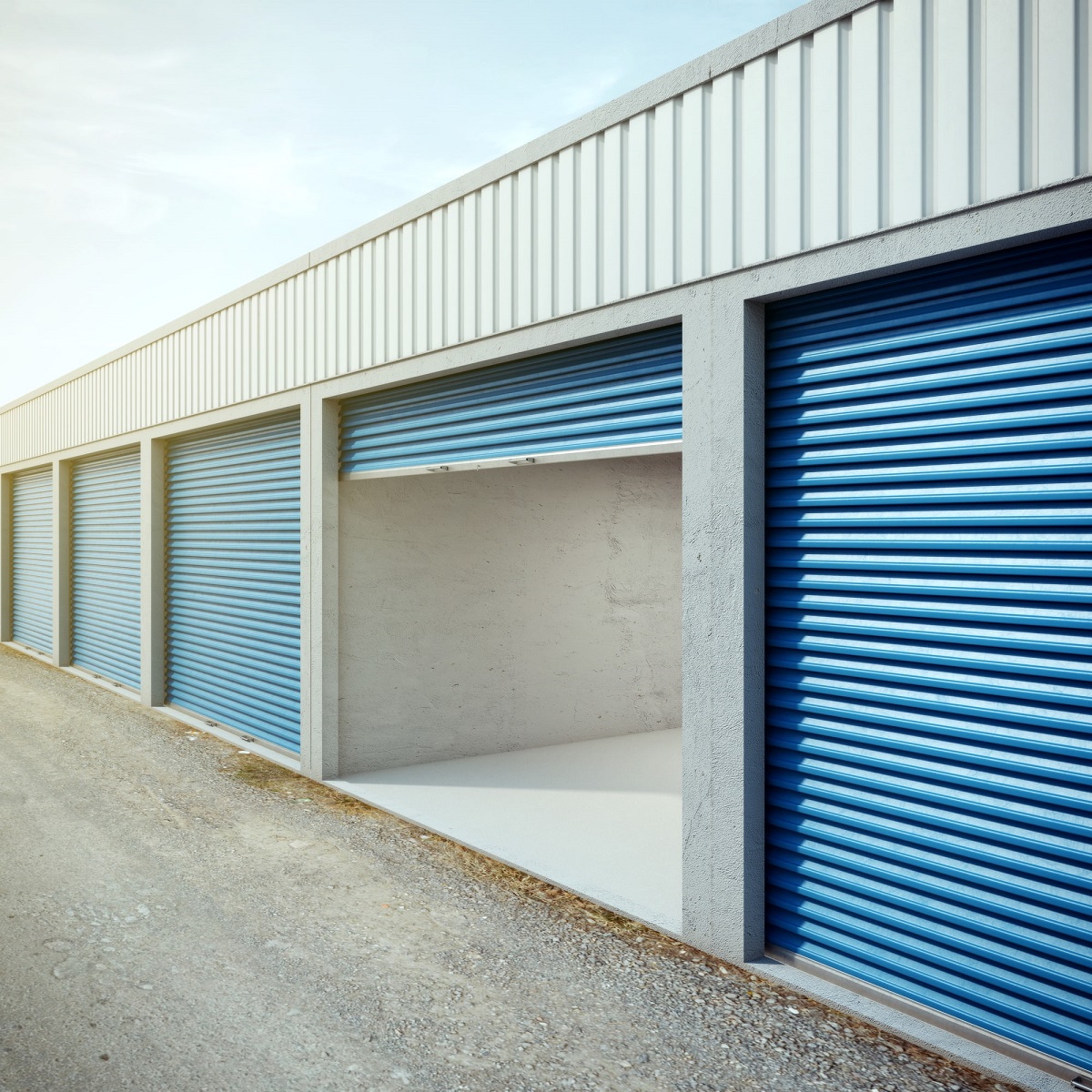
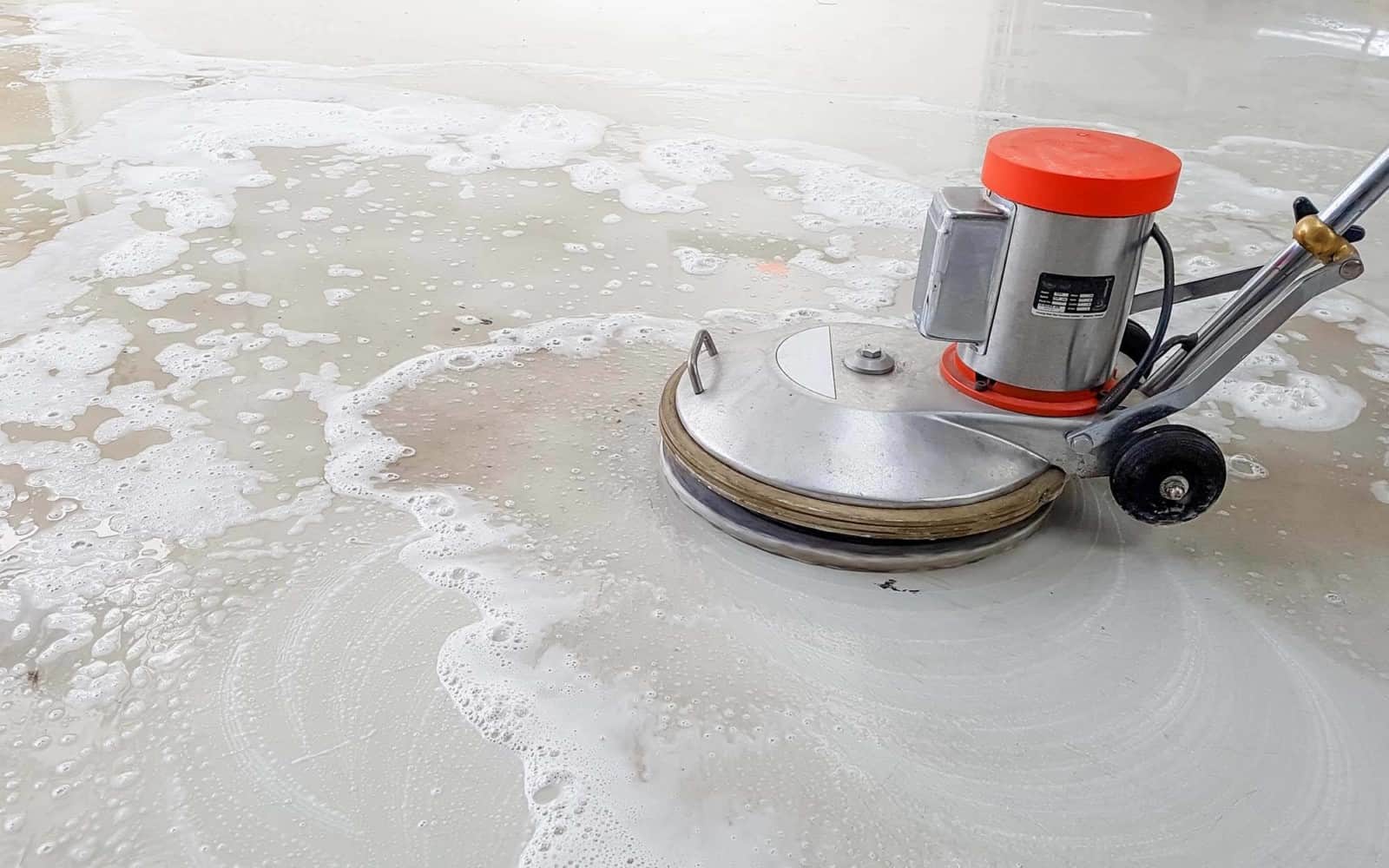
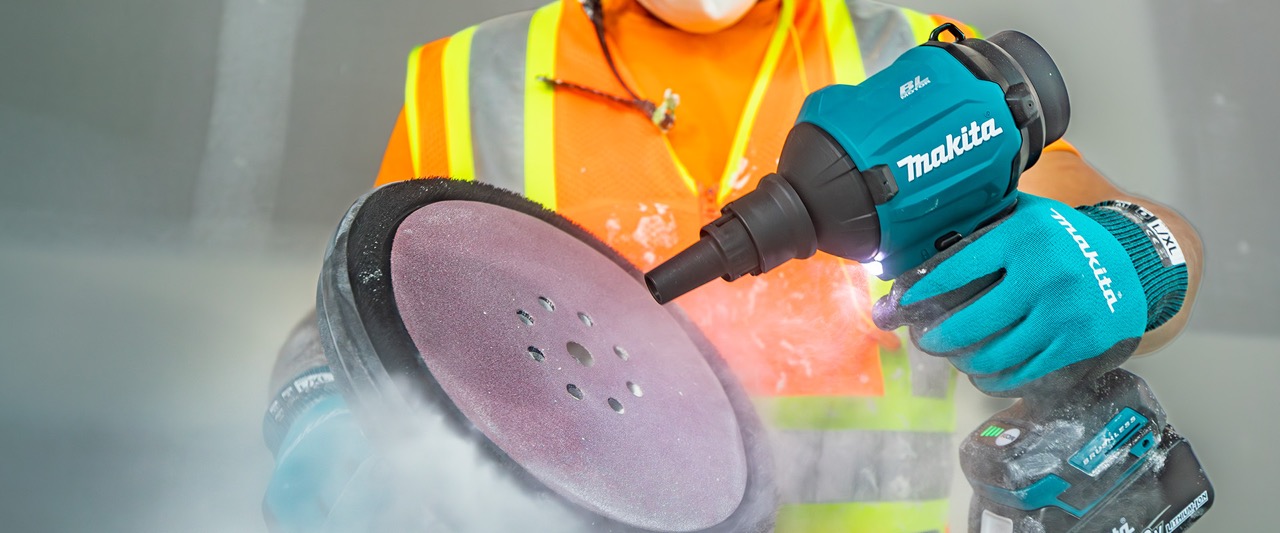
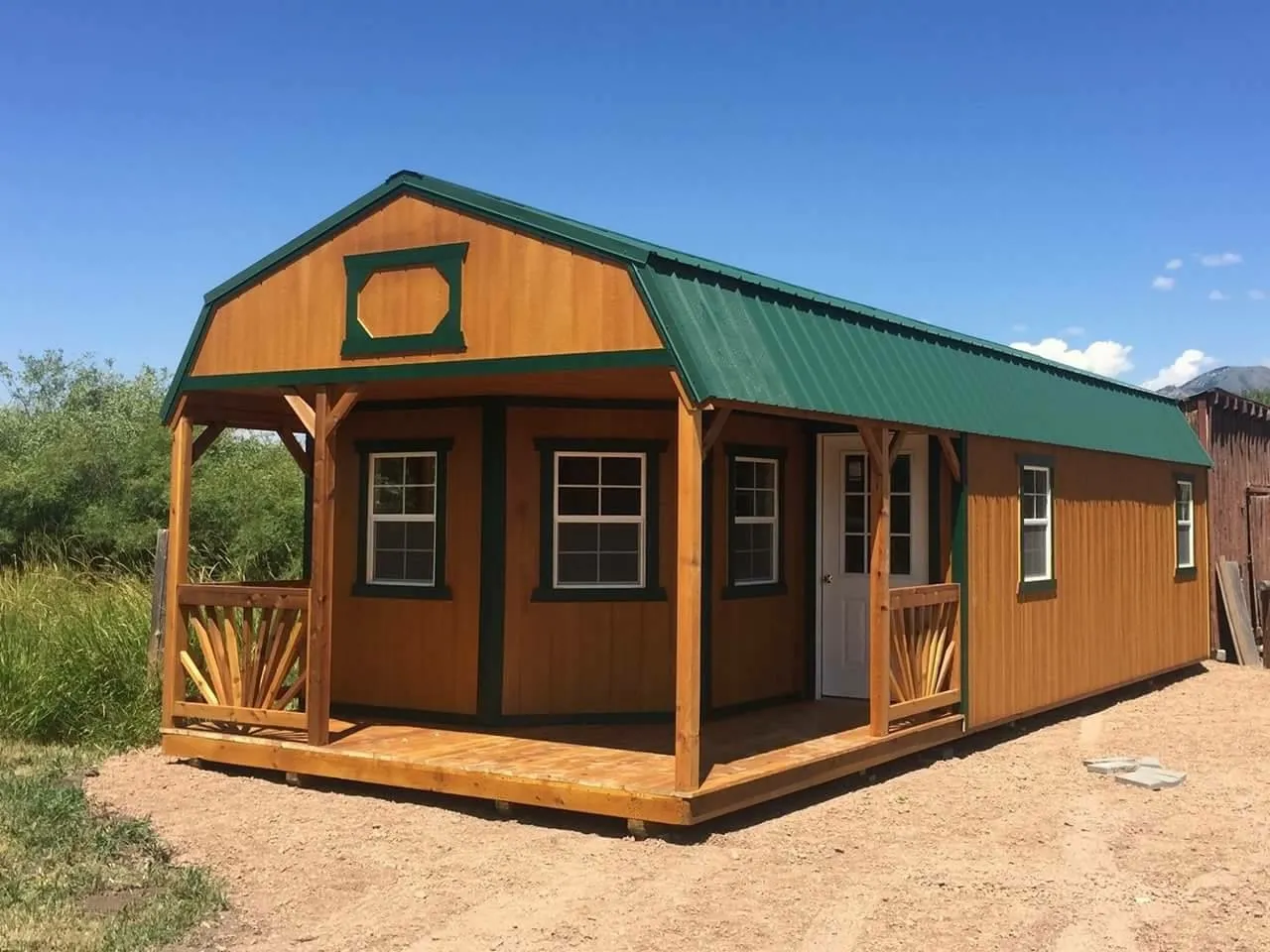
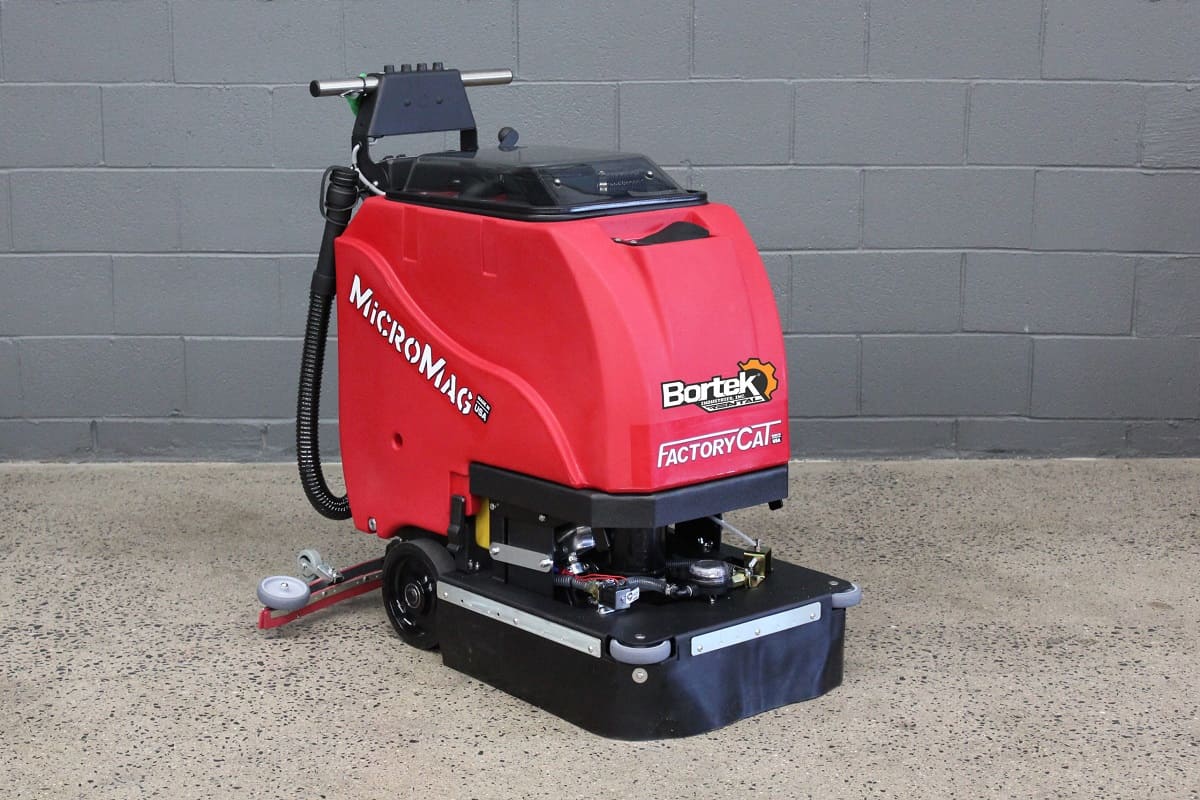
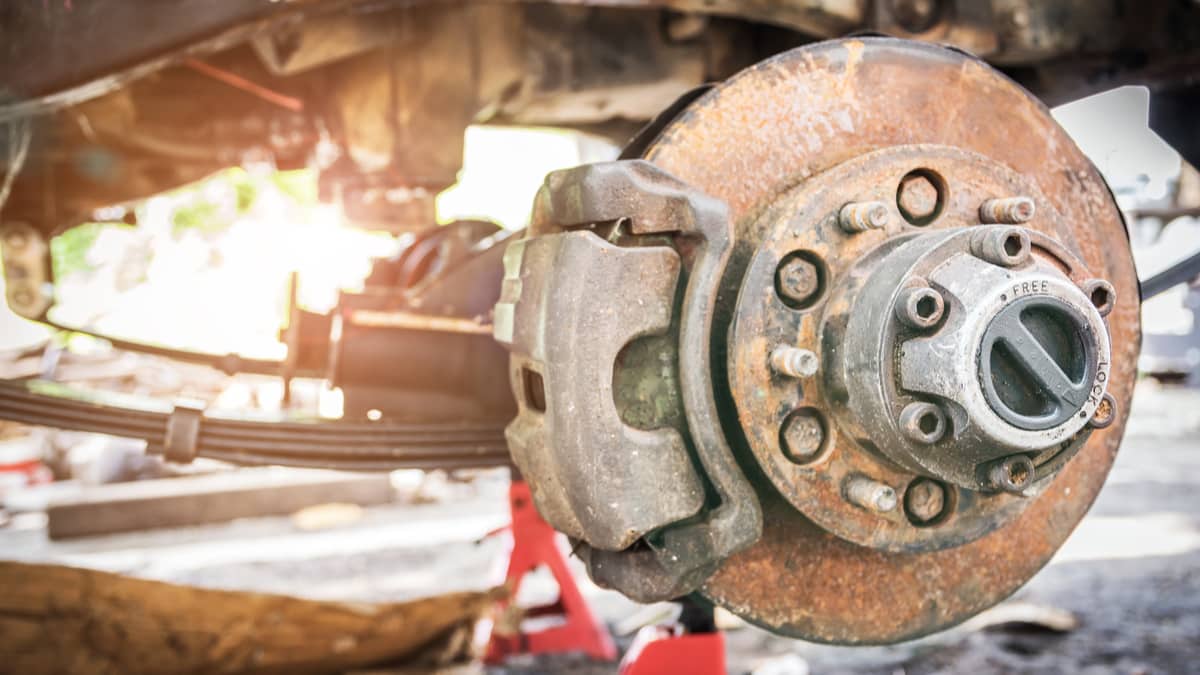
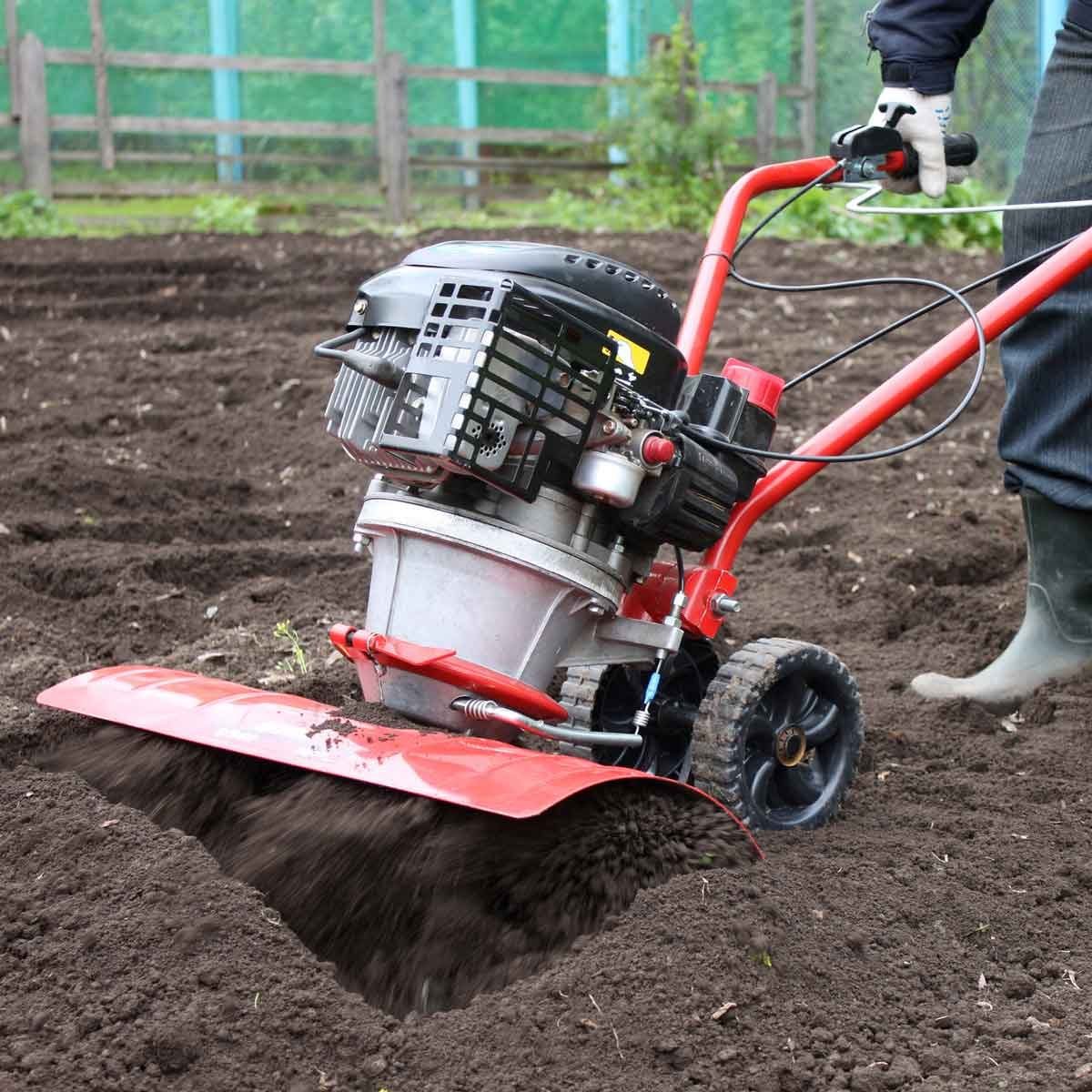
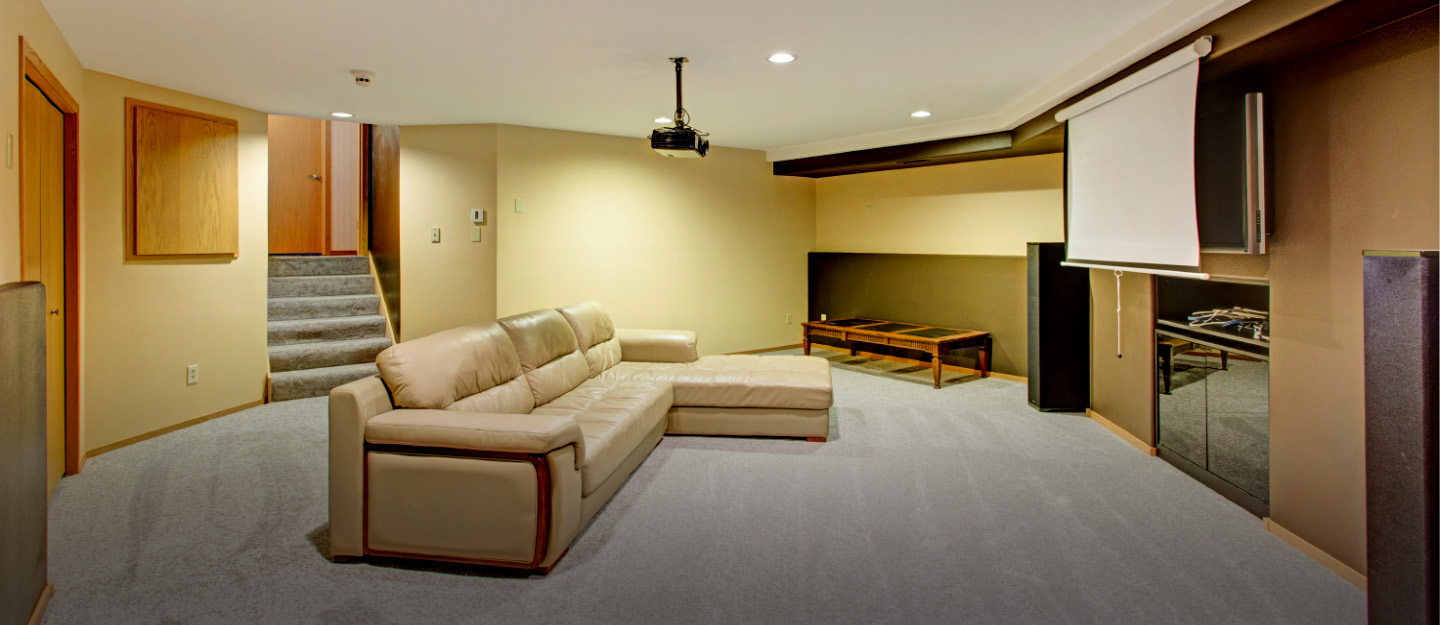
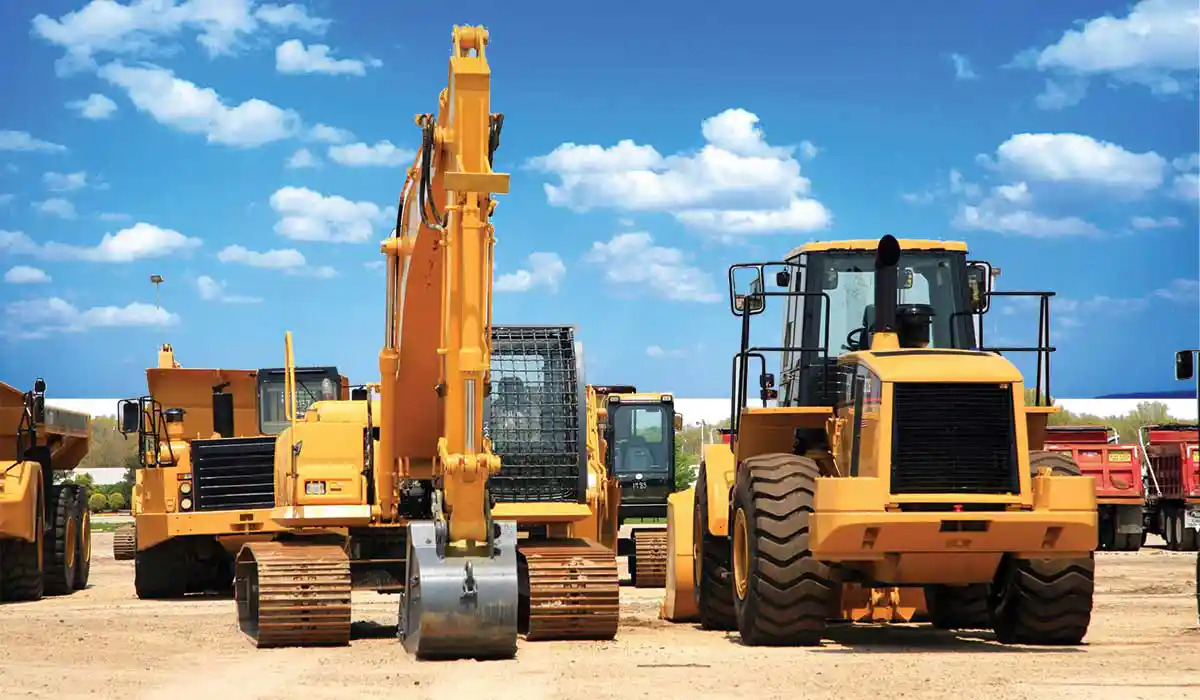

0 thoughts on “Home Repairs When Renting”